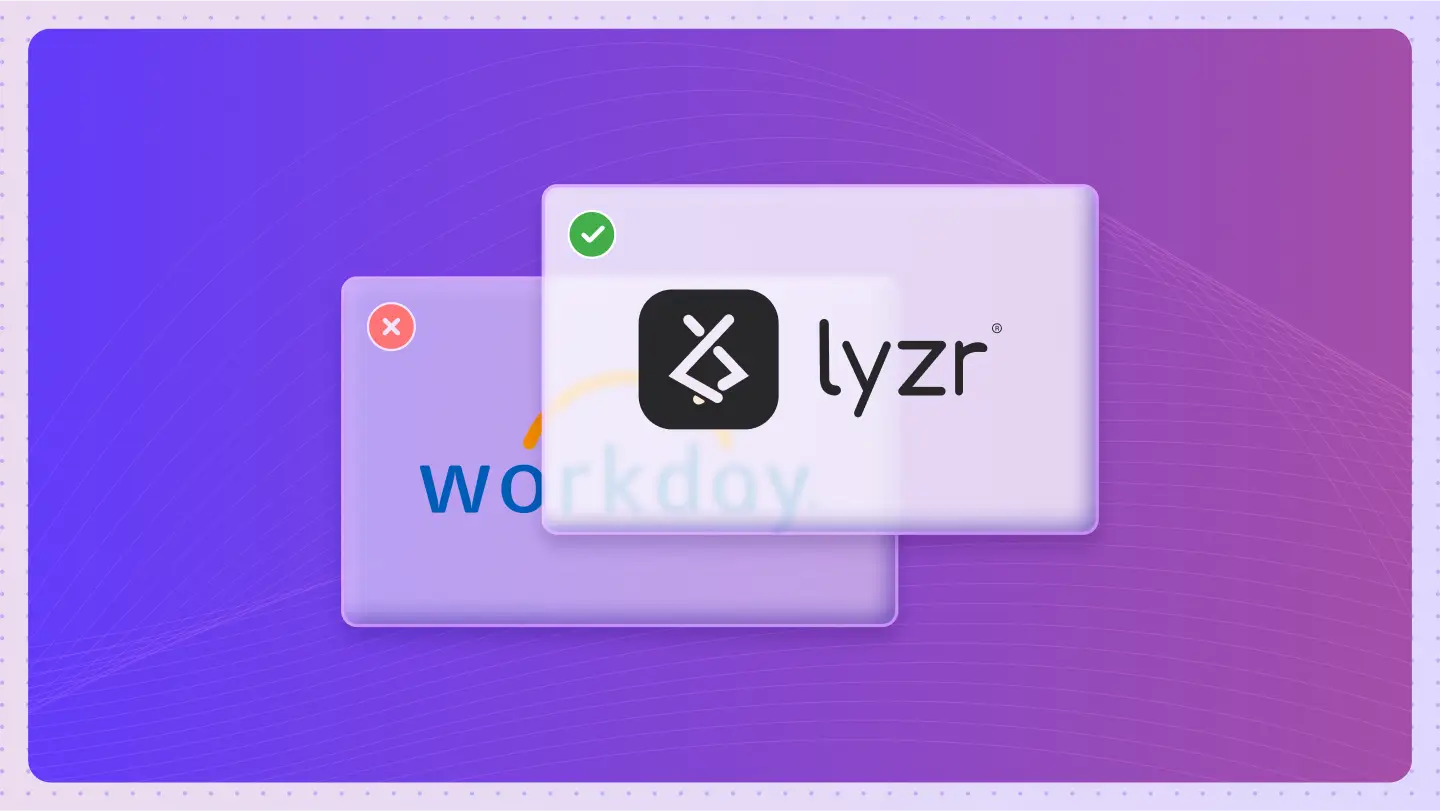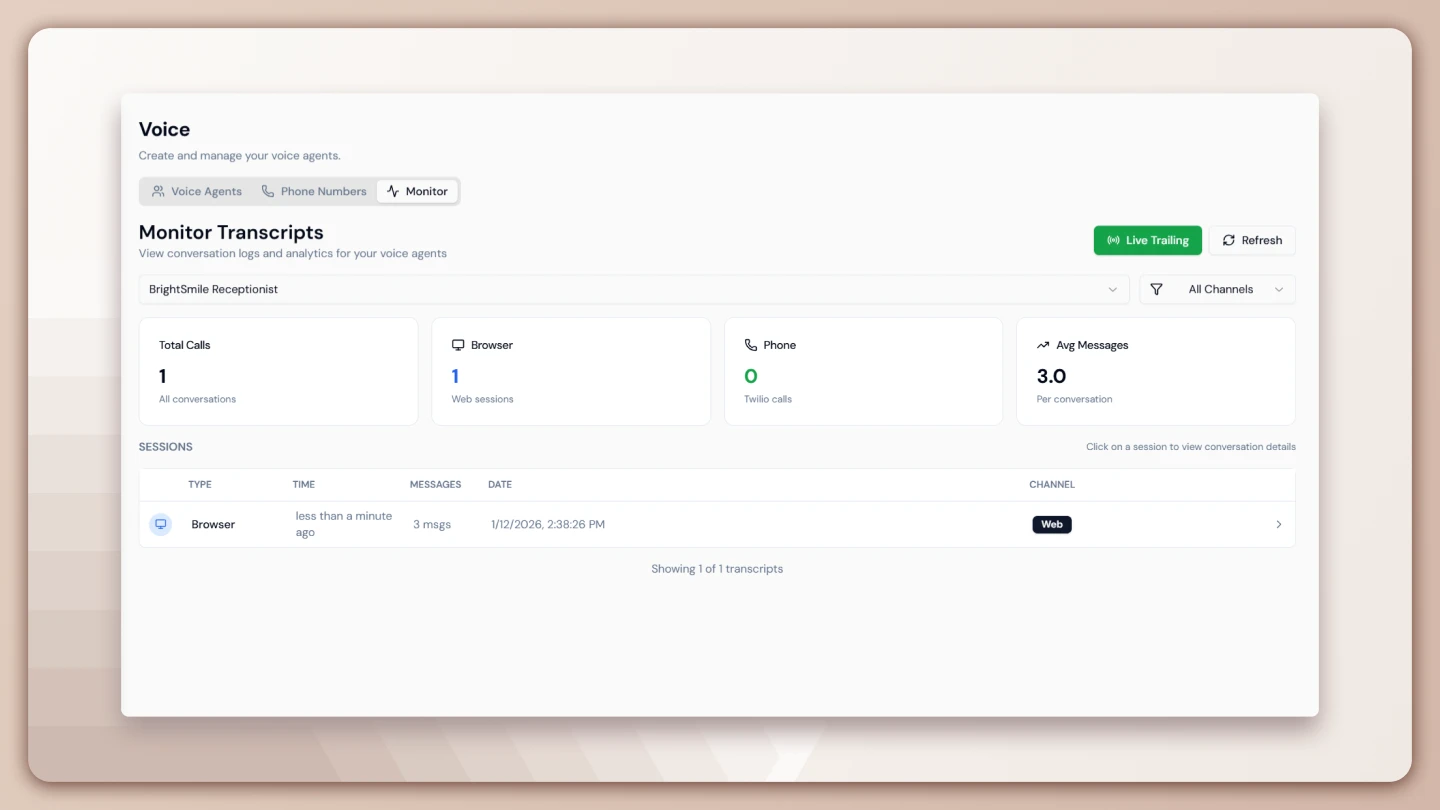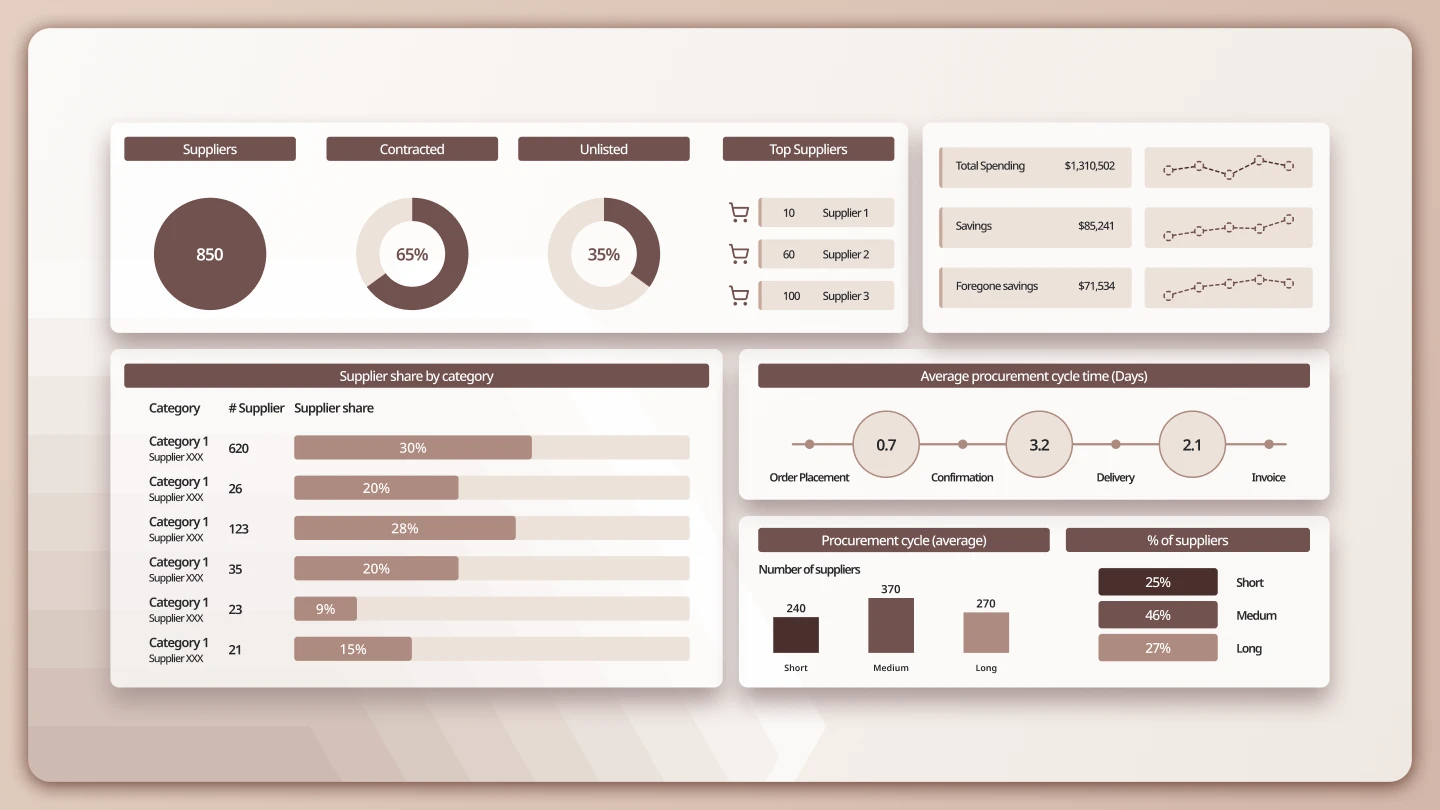This isn’t just about using AI tools.
This is about becoming an AI.
Autonomous AI Enterprises are businesses that use autonomous AI agent technologies to transform operations, enabling greater efficiency and adaptability with minimal human oversight.
Imagine a smart factory where machines not only build products but also order their own raw materials, schedule their own maintenance, and redesign the production line for a new product, all on their own.
An autonomous AI enterprise applies that same logic across the entire business.
It’s the difference between giving a person a faster calculator and building a financial system that runs itself. This shift is fundamental, redefining what it means to be a competitive organization.
What are Autonomous AI Enterprises?
They are businesses where core operational functions are run by collaborating AI agents, not just assisted by them.
Think of it as an organizational nervous system.
- It senses changes in the market.
- It processes information instantly.
- It makes and executes decisions.
- It learns and adapts.
In this model, humans move from being the operators to being the strategists and overseers.
They set the goals and guardrails, but the AI runs the day-to-day plays.
How do Autonomous AI Enterprises work?
They function through an integrated ecosystem of AI systems, not a patchwork of separate tools.
This ecosystem has a few key layers:
- Sensing Systems: These are the eyes and ears. They monitor everything from internal production metrics to social media sentiment and competitor pricing, feeding a constant stream of real-time data into the enterprise.
- Decision Support Systems: This is the analytical brain. AI models process the incoming data, identify patterns, run simulations, and either recommend or autonomously make operational decisions.
- Operational Execution Systems: These are the hands. AI agents carry out the decisions—placing inventory orders, adjusting digital ad spend, rerouting supply chains, or responding to customer service queries.
- Orchestration Layer: This is the crucial conductor. It coordinates the actions of all the specialized agents, ensuring the marketing agent’s new promotion is synced with the supply chain agent’s inventory forecast. Without this, you have chaos, not autonomy.
What distinguishes Autonomous AI Enterprises from traditional businesses?
The distinction is in the integration and the locus of decision-making.
A traditional business uses AI as a tool. An autonomous enterprise is built on AI as its foundation.
- Traditional companies rely on humans, assisted by AI, to make decisions. In an autonomous enterprise, AI systems make operational choices within parameters set by humans.
- Traditional businesses deploy AI in isolated silos—a marketing tool here, a finance tool there. An autonomous enterprise integrates AI agents into a collaborative network that runs entire business operations.
Let’s look at the real world:
- Amazon: It’s a prime example of a company on the path to autonomy. Its systems don’t just recommend products; they manage vast inventories, optimize a global logistics network, and make millions of pricing adjustments daily, all driven by AI.
- Ocado: The online grocer’s automated fulfillment centers are legendary. Robots don’t just move products; they manage the entire warehouse, processing orders with an efficiency that fundamentally changes the economics of the grocery business.
- Alibaba: Its “City Brain” project shows this concept at a massive scale. It’s an AI system that autonomously manages city logistics, traffic, and other resources, demonstrating how these principles can optimize incredibly complex systems.
Why are Autonomous AI Enterprises important?
They represent the next major leap in competitive advantage.
The internet allowed businesses to move faster. The cloud allowed them to scale.
Autonomy allows them to think and adapt at a speed and scale that is simply not humanly possible.
This is critical because it unlocks:
- Radical Efficiency: Automating not just tasks, but entire complex workflows.
- Real-time Adaptability: The business can react to market shifts instantly, not after a quarterly review meeting.
- Hyper-Scalability: Operations can be scaled up or down dramatically without the friction of hiring or reorganizing human teams.
Organizations that successfully make this transition will operate with a structural advantage that others will find nearly impossible to overcome.
Quick Test: Can you spot the core component?
An enterprise buys a powerful AI for marketing and a separate one for supply chain. Both dramatically improve their respective departments’ performance. Is this an Autonomous AI Enterprise?
Not yet. Without the Orchestration Layer to make those agents work together towards a common business goal, it’s just a company with very good tools.
Diving Deeper: Key Questions
How do Autonomous AI Enterprises handle decision-making at scale?
They distribute it. Instead of a few executives making big, slow decisions, thousands of AI agents make small, fast, data-driven decisions every second. The role of human leadership shifts to designing the system and the rules within which these agents operate.
What challenges do Autonomous AI Enterprises face in technical integration?
The biggest hurdle is often legacy systems. Integrating modern, agile AI agents with old, rigid databases and software is a massive technical challenge. Ensuring seamless data flow and communication between dozens of different systems is complex and resource-intensive.
How does an Autonomous AI Enterprise impact the job market?
It causes a significant shift. Roles based on repetitive data analysis, coordination, and routine decision-making will decline. Roles that require strategic thinking, creative problem-solving, ethical oversight, and designing/training AI systems will grow in importance. The focus moves from “doing the work” to “designing the work system.”
What industries are adopting Autonomous AI Enterprise models the fastest?
E-commerce, logistics, manufacturing, and financial services are leading the way. These industries are data-rich, have many complex and repetitive processes, and can gain enormous efficiency benefits from real-time optimization.
How is success measured in Autonomous AI Enterprises?
Traditional metrics like revenue are still important, but new KPIs emerge. These include the “autonomous decision rate” (what percentage of decisions are made without human intervention?), “adaptation velocity” (how quickly can the business pivot?), and overall system resilience.
What ethical considerations come with Autonomous AI Enterprises?
Accountability is paramount. If an autonomous system makes a costly mistake or a biased decision, who is responsible? Other concerns include data privacy, the potential for mass job displacement, and ensuring that the goals programmed into the AI align with human values and societal good.
How are autonomous AI technologies evolving in enterprise applications?
They are becoming more collaborative. The frontier is developing sophisticated “multi-agent systems” where specialized agents can negotiate, cooperate, and compete to solve complex business problems, much like a team of human experts.
What are the economic implications of Autonomous AI Enterprises?
They could significantly accelerate productivity growth. However, they also risk increasing market concentration, as first-movers may build operational advantages that are nearly impossible for competitors to catch. This could lead to a “winner-take-all” dynamic in some industries.
The transition to an autonomous enterprise is not a single project.
It is a fundamental evolution of the organization itself.





